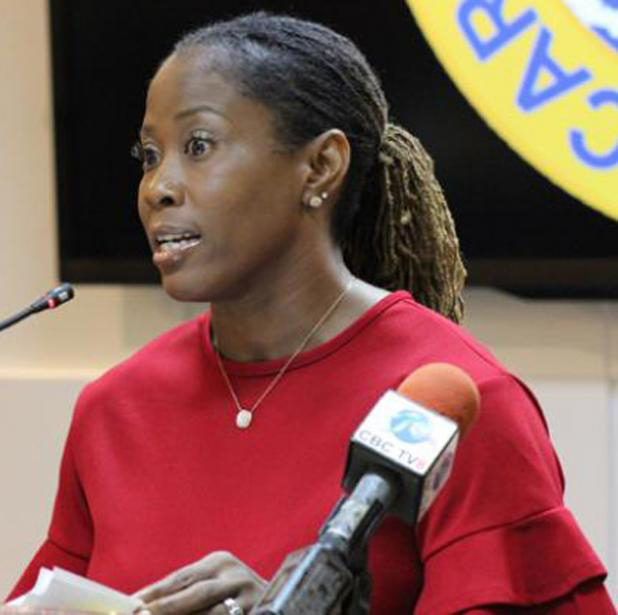With small businesses in the creative sector in parts of the region frequently bemoaning what they say are the difficulties associated with accessing the financial means to grow their enterprises, the Caribbean Development Bank (CDB) is intervening to strengthen the capacity of regional development finance institutions to objectively appraise applications for funding for projects in the sector.
In Guyana and reportedly in other parts of the region, businesses in the creative sector have bemoaned the fact that their applications for growth and expansion-related funding have been rejected on grounds which suggest that the evaluation tools utilised by the lending institutions are inadequate to provide a proper appraisal of the veracity of their loan applications. Accordingly, the Bank has announced that it will be facilitating a regional workshop through its Caribbean Technological Services (CTCS) network in thirteen of its member countries, including Guyana, to put development finance institutions in a better position to enhance the capability of those businesses so as to be able to serve them in the regional creative sector.
The CDB announced recently that it will be pressing its Cultural and Creative Industries Innovation Fund (CIIF) into service by hosting what is intended to be an ongoing training exercise that seeks to equip representatives of the development finance institutions with the requisite capabilities to properly appraise loan applications for creative sector projects.
The Bank’s coordinator for micro-, small- and medium-enterprise development, Lisa Harding, says that the workshop came in response to requests from the development finance institutions that seek to better understand and serve micro-, small- and medium-sized enterprises (MSMEs) within the creative sectors.
Complainants from sections of the creative sector in Guyana, particularly producers of indigenous craft, have pointed to what they say is a lack of understanding of the significance of the cases for funding made by local lending institutions, particularly the lack of understanding of the value of the craft in both the local and international markets.
“Recognizing that access to finance is critical for MSME development and that the financial needs of MSMEs within the cultural and creative sector cannot be fulfilled solely through grant funding from CIIF, the CDB has endeavored to assist these MSMEs to access funding from financial institutions, including development finance institutions (DFIs). However, DFIs, in consultation with CDB, have acknowledged the need for strengthening of their own institutional capacity to better understand the business operations and practices of MSMEs to enable them to provide appropriate financial products and services,” Harding is quoted as saying.
The Bank has disclosed that forty-four participants – twenty-eight females and sixteen males – are participating in the on-line exercise which commenced on September 16 and continues on September 17, 27 and 30 and October 1 and 4 this year. The participants, it says, comprise representatives from DFIs, intellectual property offices, Business Support Organizations (BSOs) and Creative Industries consultants from the thirteen CDB Borrowing Member Countries. Arising out of the Workshop, a Draft Credit Appraisal Manual, prepared by a team of specialist consultants will become available on the CDB’s e-learning portal.
https://www.barbadosadvocate.com/sites/barbadosadvocate.com/files/styles/large/public/field/image/Lisa%20Harding.jpeg?itok=_DkhRaoZ





